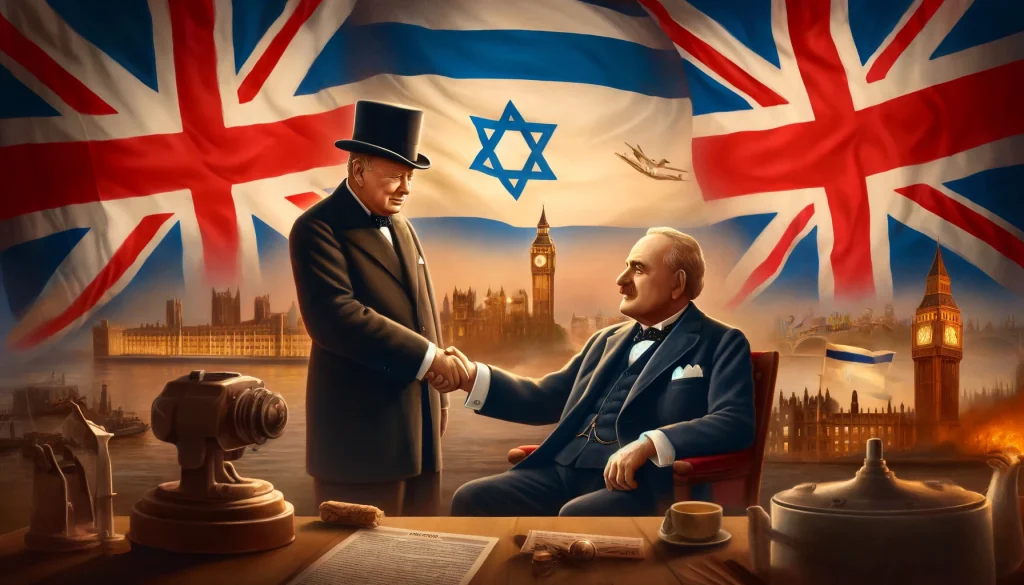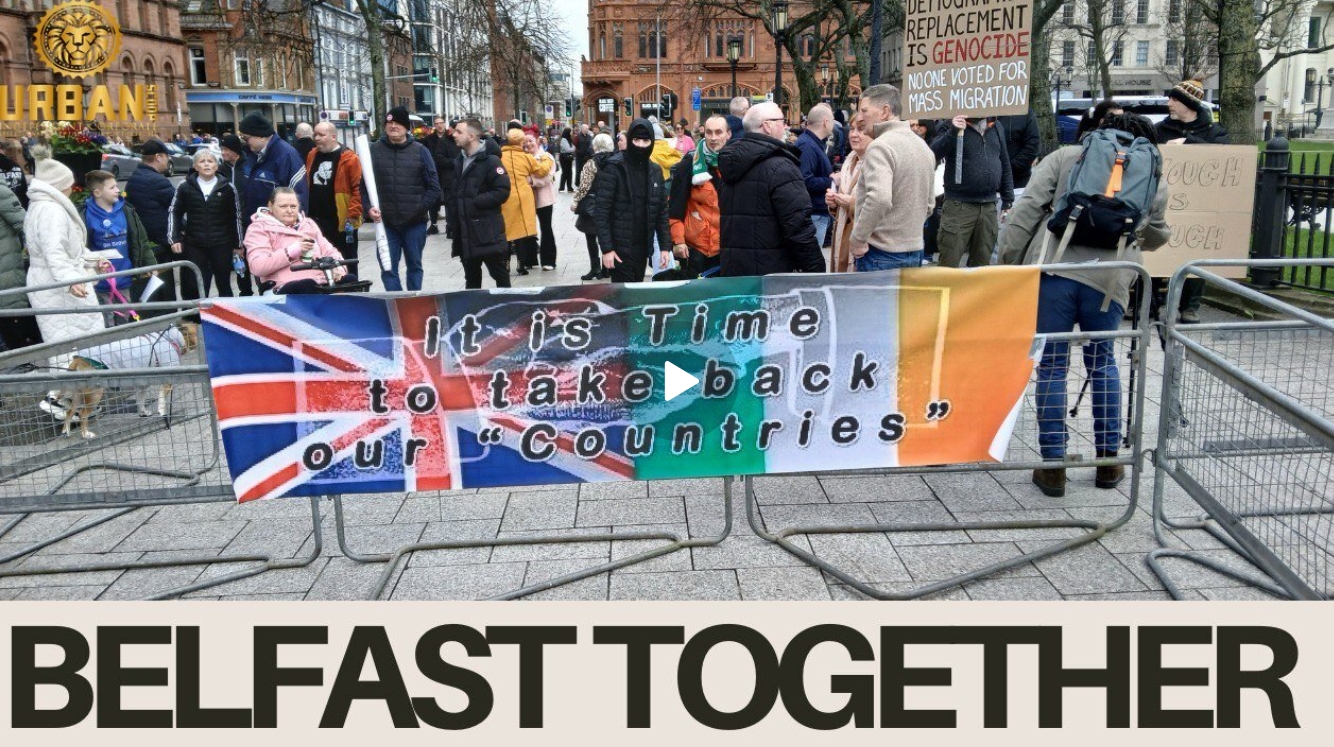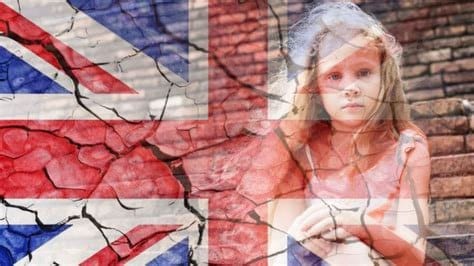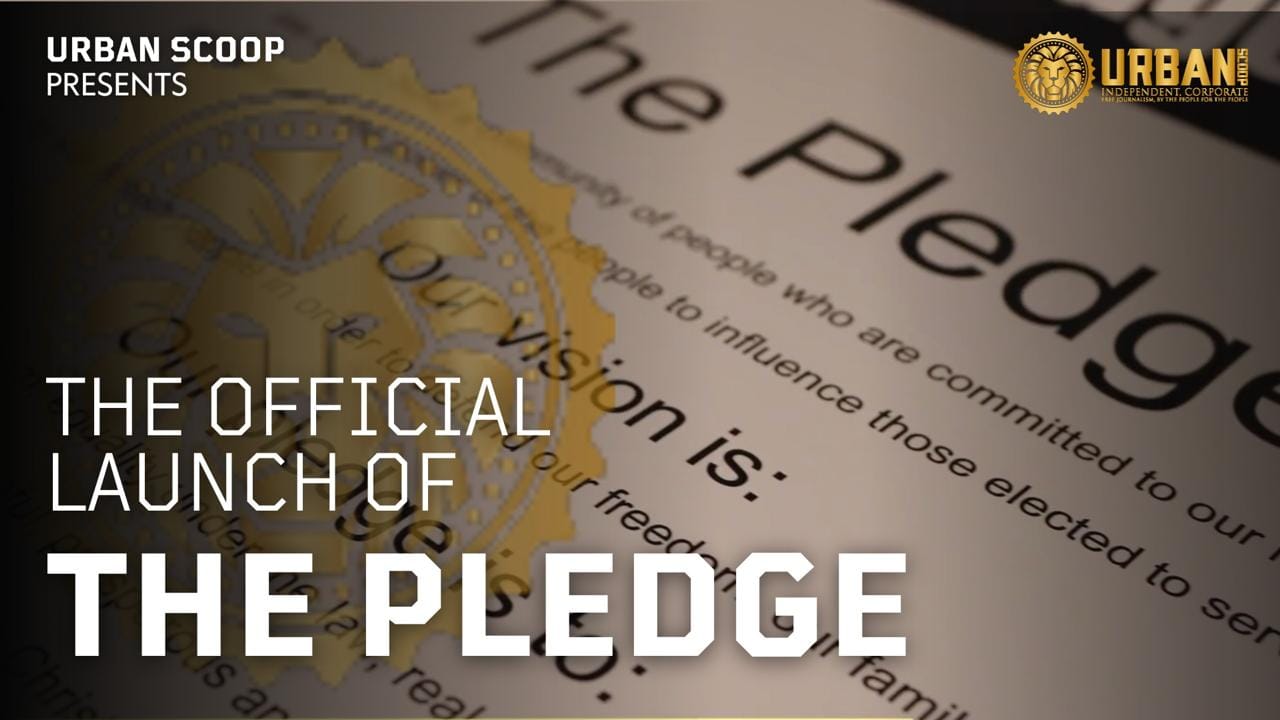The Churchill Connection
In 1841, Colonel Charles Henry Churchill created the first plan for a Jewish state in Palestine, fifty years before Zionist leader Theodore Herzl did. Lord Randolph Churchill, Winston’s father, was regularly mocked for having Jewish friends, which young Winston may have noticed as a child. When Winston entered Parliament as an MP in Manchester, a third of his constituents were Jewish. In 1904, Winston opposed a bill limiting Jewish immigration into the UK, as Jews were fleeing persecution in Russia at the time. Winston became friends with Dr. Chaim Weizmann, a Jewish chemist and Zionist leader who eventually became the first president of Israel.
In 1917, Weizmann successfully petitioned Parliament for the creation of a Jewish state, leading to the Balfour Declaration, a pledge by Britain to establish a Jewish state in Palestine. In 1920, the San Remo Resolution by the League of Nations provided a British mandate to enforce the declaration. The man in charge of that mandate was none other than Winston Churchill, a challenging task since the British had also agreed to a deal with the Arabs after World War I. The British promised the Arabs territories in the Middle East if they helped defeat the Ottoman Turks, two years late they promised Jews a homeland in the same region. It was up to Winston Churchill to ensure the British kept both promises.
In 1921, Churchill visited Gaza in the British-administered area of Palestine. He visited with Lawrence of Arabia, thousands of Arabs celebrated their arrival in Gaza. Unbeknownst to Churchill, the Arabs were shouting, “Down with the Jews” and “Cut their throats”. If Churchill had not negotiated the borders of Transjordan with Amir Abdullah and convinced him to stay out of the affairs of a proposed Jewish state, there would be no Israel today, so no Jewish homeland at all. Some Zionists were upset with Churchill for giving away three-quarters of Palestine to the Arabs, while others were grateful that a Jewish nation had finally become a reality. It is impossible to please everyone all the time.
Despite the agreement with Amir Abdullah and the formation of the Kingdom of Transjordan, Arabs continued to protest against Jews potentially having a quarter of the land in Palestine. They presented Churchill with a list of demands, including the abolition of the idea of a national home for the Jews, the establishment of an Arab government for all of Palestine, an end to Jewish immigration, and the reunification of Palestine with Syria and Egypt. Churchill rejected their demands, asserting that Jews have a right to a national ancestral homeland.
The British And Allied Sacrifice
During World War II, the United Kingdom played a pivotal role in the defeat of Nazi Germany and the liberation of Jews from concentration camps. The British military, alongside Allied forces, engaged in numerous battles across Europe, enduring immense hardships and suffering significant losses.
The British Armed Forces were heavily involved in key operations, including the D-Day invasion on June 6, 1944, where British troops landed on the beaches of Normandy. This invasion marked the beginning of the liberation of Western Europe from Nazi occupation. British forces also participated in the subsequent liberation of concentration camps, such as Bergen-Belsen in Germany, where they discovered thousands of emaciated prisoners and the horrific conditions they had endured.
The human cost of these efforts was substantial. Throughout the war, approximately 383,800 British military personnel lost their lives. These sacrifices were made on various fronts, from the beaches of Normandy to the deserts of North Africa and the skies over Europe. The civilian population also suffered, with around 67,100 British civilians killed due to bombings and other wartime activities.
The liberation of concentration camps revealed the extent of the Holocaust’s atrocities, with millions of Jews and other minorities having been systematically murdered. British soldiers, upon liberating these camps, provided immediate aid to survivors and bore witness to the unimaginable horrors inflicted by the Nazi regime.
The bravery and sacrifice of British forces were crucial in dismantling the Nazi war machine and bringing an end to the genocide. Their efforts not only helped secure victory in Europe but also ensured that the world would remember the atrocities of the Holocaust.
Conclusion
Jews and the state of Israel have consistently enjoyed the friendship of the British people and the British political class, including, arguably, our greatest wartime leader, Sir Winston Churchill. To claim anything otherwise would not only dishonour the hundreds of thousands of British lives lost during World War II, but also the lives of all Allied forces who fought against the evil of Nazism, and fought for the liberation of Jews.
We will not forget them.









